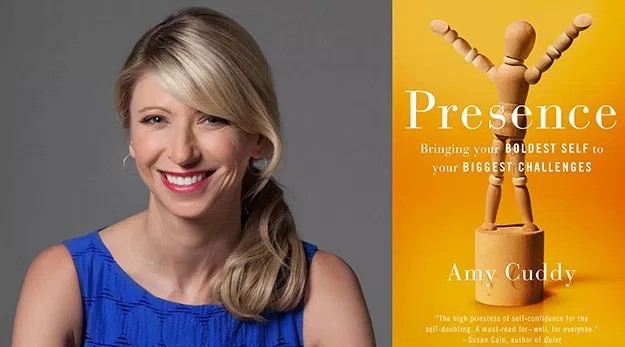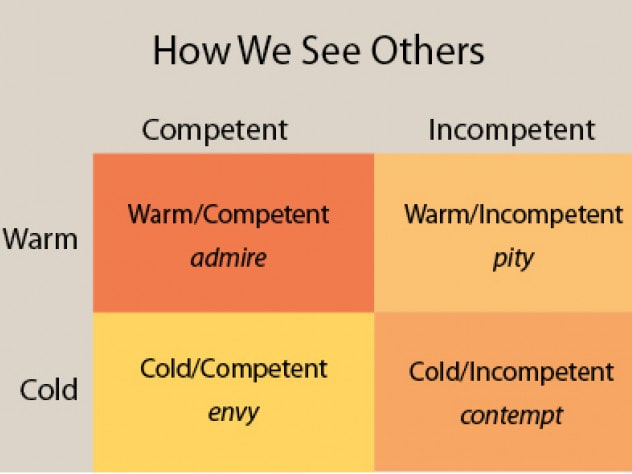For over 15 years, social psychologist and Harvard Business professor, Amy Cuddy, and her colleagues, Susan Fiske and Peter Glick, have been examining first impressions, arriving at a very interesting conclusion.
And no, physical appearance isn’t the primary factor.
Cuddy has authored a book, Presence, that details many of the study’s findings. The book states that when we meet someone for the first time, we unconsciously ask ourselves two vital questions:
First: Can I trust this person?
Second: Can I respect this person?
In a nutshell, this initial judgment is one of whether we feel good or bad about this person. Warmth and competence are the two critical variables, accounting for approximately 80 percent of our overall evaluations of people.
According to Cuddy, though the majority of people would prefer to be perceived as capable, especially when it comes to interviewing for a job opening, trustworthiness and warmth play a bigger part in first impressions.
States Cuddy, “From an evolutionary perspective, it is more crucial to our survival to know whether a person deserves our trust.”
Because of this linear first impression pattern, Cuddy claims that focusing too heavily on our strengths right out of the gate can result in an adverse first impression.
It is crucial to express friendliness, authenticity and warmth before we launch into our skills, experience, education and knowledge. Doing so makes us approachable. It allows us to make a genuine connection with the other person based on trust, opening the door to the second question, “Can I respect this person?”
Your body language also plays a role.
“In all animal species, postures that are expansive, open, and take up more space are associated with high power and dominance,” she says. “Postures that are contractive--limbs touching torso, protecting the vital organs, taking up minimal space--are associated with low power, being at the bottom of the hierarchy. Any animal you can think of, when it’s prey, makes itself as small as possible.”
Cuddy and her colleagues advise their women M.B.A. students to stop crossing their legs and minimizing their physical presence--and instead to raise their adjustable classroom chairs as high as possible while keeping feet on the floor, to “be as big as you are.” Some former students have told her that they’ve used this advice to good effect in job interviews.
Understanding this first impression process can give you an edge any time you are meeting a new person. It can also help you understand your first impressions of others.
When it comes to making a good first impression, yes appearance is important but even more crucial is being open (including with body language), friendly and warm. Make an authentic personal connection. Let others know you can be trusted. Then you can begin to focus on your strengths.
Article excerpts from Harvard Magazine & Peace Quarters.


 RSS Feed
RSS Feed